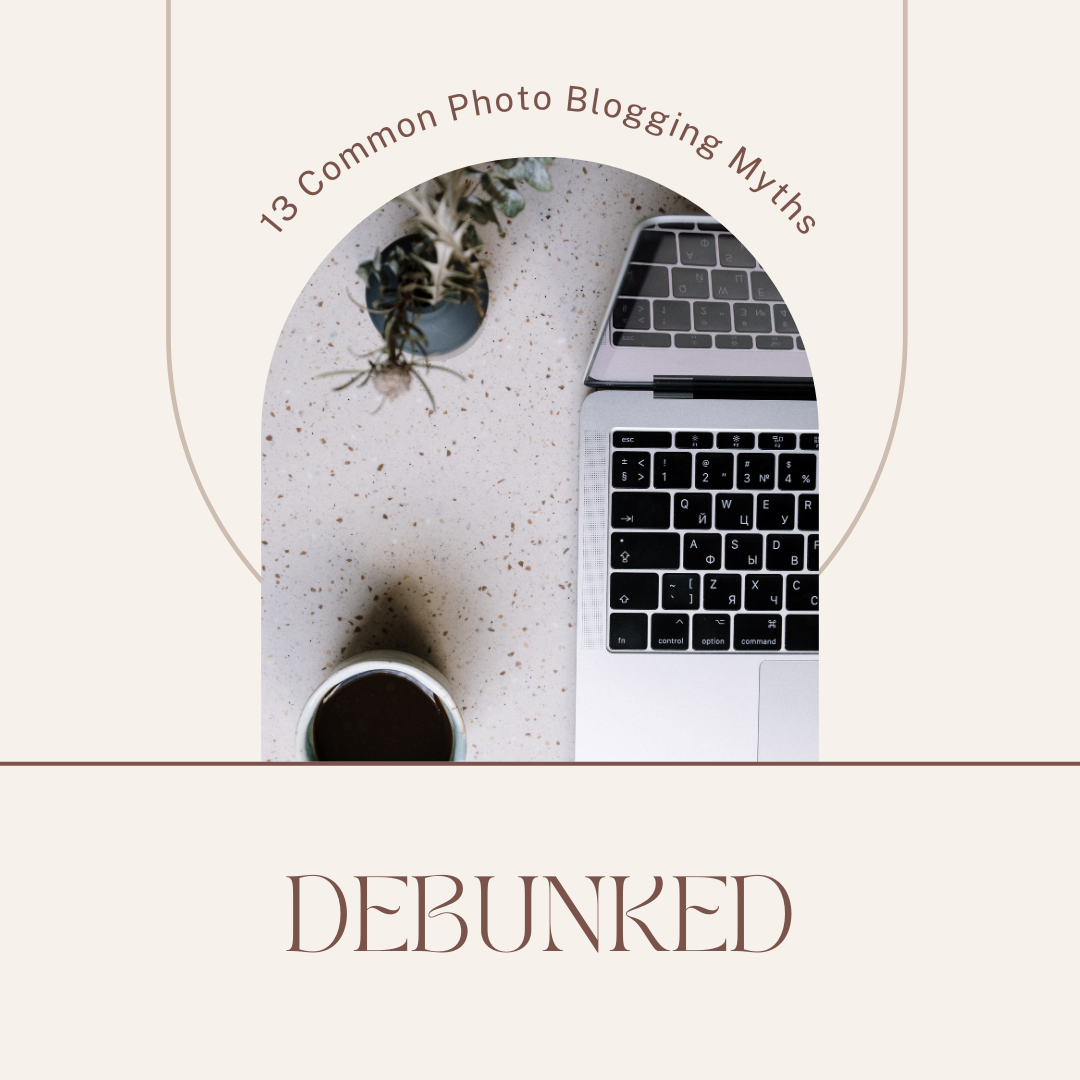Blogging may not have quite the mystique of, say, the Loch Ness Monster, but that doesn’t mean it hasn’t attracted its fair share of myths over the years. Misinformation seems to abound when it comes to how (and whether) a blog is worth it for your business.
Here we’ll take a look at 13 of the most common blogging myths and dispel the rumors so you can make smarter decisions about your blog.
Myth 1. Blogging is dead
This one keeps gaining traction every few years before people lapse into embarrassed silence as it becomes clear that blogging, despite their dire predictions, is still alive and kicking. For both large and small businesses, blogging continues to be one of the best ways to connect with a wider audience, build authority, and share value with clients.
Myth 2. You have to post every day
Once upon a time, this was a thing. And some people continue to be put off by blogging because of this outdated information. Daily posting is not necessary, and it’s not sustainable for most people either. Instead, dedicate regular time to creating quality content for your readers, and post on a schedule you can maintain, be that 2-3 times a week or 2-3 times a month.
Myth 3. You don’t need a blog if you have a strong social media presence
Well, first of all, do you have a strong social media presence? The truth is, social media is kinda cutthroat, and getting yourself established on the big platforms can feel like scaling Everest with a toothpick instead of an icepick. Blogging, if you use it right, can help you create content for social media while also providing another avenue for reaching people.
Myth 4. Having an active blog is good enough
A blog only helps if you do it right. Posting regularly is good, but it’s not enough. It’s essential to focus on your ideal client and provide quality content for them. And don’t forget to pay attention to the little details: Make sure your images have alt text, check for broken or missing links, ensure that your text is easy-to-read, etc. Your blog should provide a positive experience for visitors.
Myth 5. Blogging is just an extra that doesn’t have a big impact on your site results
Actually, I hear all the time from clients that blogging has been one of the best things they’ve done for their business. And I’m not the only one. Do a little research and you’ll find out businesses that blog:
- Get more website traffic
- Have more indexed pages
- Generate more leads
Again, to get these benefits it’s important to master blogging and SEO basics so you can get the most out of your photography blog. But this isn’t difficult to do, and the rewards are well worth it.
Myth 6. Your blog posts have to be a certain word count
If you love getting contradictory advice, try researching the ideal word count for a blog post. It seems everybody has a magic number that they swear by. The thing is, these magic numbers don’t take into account that different word counts will work better depending on the blog topic and the goal of the writer. So don’t sweat it. The important thing is to focus on high-quality content. If it takes 500 words to provide quality, helpful information to your reader, that’s fine. If it takes 2500, that’s fine too.
Myth 7. Blogging is just for SEO
Blogging can definitely help with SEO, but it’s better to think of it as a form of organic marketing. This is one reason it’s important not to get too obsessed with keywords. Instead, write what your ideal client will find helpful. Blogging’s biggest strength is its ability to connect with real people, not just search engines.
Myth 8: You have to be an awesome writer to blog successfully
The ability to write well is definitely helpful. But you don’t have to paint word pictures or be working on the next great American novel in your spare time. When people read blog posts, they’re not looking for Pulitzer material. They just want entertainment, tips, answers to their questions, or a feeling of kinship and community. No need for an English degree. You just have to be knowledgeable, write about what matters to your audience, and make sure your writing is easy to follow. And remember, outsourcing is always an option if you don’t enjoy writing.
Myth 9. A blog will take care of all your SEO and keyword needs
Actually, your website is where you should focus your efforts to optimize pages for a specific user intent (and the associated keywords). A blog should support your website, not the other way around. Your blog is a great place to:
- Use your top keywords sparingly, as a support for your web pages
- Optimize for secondary or tertiary keywords
- Expand your reach by providing helpful content that doesn’t easily fit on your main website pages
Myth 10. If you don’t have comments, it means no one is seeing your blog
Getting comments is nice, and it’s a great way to engage with your audience. But it certainly can’t be used as a yardstick to measure how many people are engaging with your blog. Think about it. How often do you comment on the blogs you read?
Myth 11. Your blog will market itself
A lot of photographers assume that if they create a blog, people will start flocking to it. But a blog is like any other piece of content. It needs to be shared, advertised, and used strategically if it’s going to work well. So share your blog content on social media, use it in your email list, be strategic about keywords, and even try collaborating with others for guest posts, shares, and backlinks.
Myth 12. You can blog about whatever you want
Confession time: I completely did this when I first started out. But blogs are a lot more attractive and effective when they’re specialized. Instead of blogging about whatever you find interesting at the moment, think about your ideal client. What would they like to read about? Finding one or two niches will keep your blog cohesive, attract the right people, and make them more likely to stick around.
Myth 13. You don’t have to write anything on your blog, you can just post photos
Your blog is not your portfolio. And there’s not much it can do to help with SEO and keywords if there’s no text to work with. You can only really leverage the power of a blog when you use words to share valuable information with your readers. Photos are a great way to enhance your blog, but they shouldn’t take center stage—even if you’re a photographer.
Phew! Glad we’ve laid those particular blogging myths to rest. If you have questions about other blogging myths and rumors, be sure to send them my way and I’ll do my best to address them.
In the meantime, if you need more blogging tips, feel free to explore! I’ve got lots of free resources to help your photography blog succeed. If you decide you would love the benefits of blogging but aren’t sure you want to tackle it yourself, all you have to do is get in touch. I provide custom packages for photographers and other small business owners and would love to chat about the best blog bundle for your specific needs and budget. Hope to hear from you soon!



